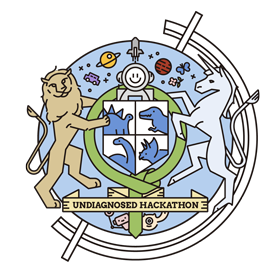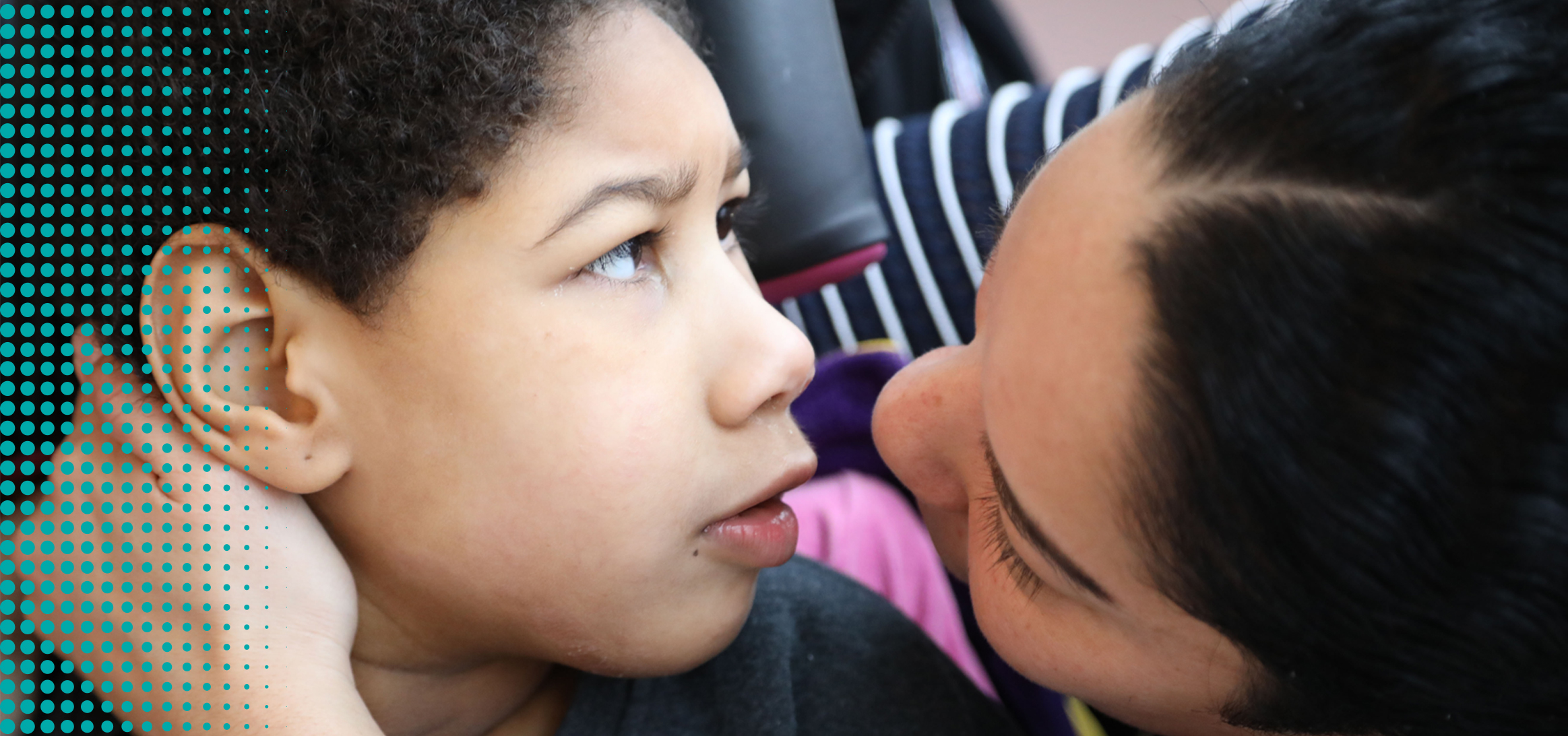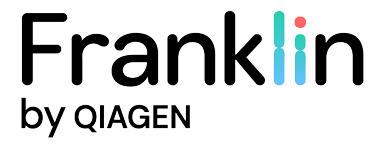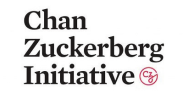Purpose
350 million people live with an undiagnosed disease worldwide. Genome sequencing can provide answers for 40% of the People Living With Undiagnosed Disease (PLWUD) but around 60% still don’t receive a diagnosis.
The purpose of the Undiagnosed Hackathon is trying to find new ways and collaborations to solve the undiagnosed diseases, that can’t be solved today.
In this unique event multidisciplinary teams of clinicians, bioinformaticians/molecular biologists, scientists, developers,
AI specialists and brilliant minds will work together to tackle the most difficult diseases.
The event centers around the PLWUD who, despite the best efforts of their doctors and genetics specialists, have remained undiagnosed.
A significant new opportunity: Adults living with an undiagnosed disease—or parents of a child with an undiagnosed condition—who have already undergone whole genome sequencing (WGS) without receiving a diagnosis can now nominate themselves or their child to be included in the Undiagnosed Hackathon (UH).
As before, clinicians may also nominate individuals living with an undiagnosed disease, provided that whole genome sequencing has been completed.
Undiagnosed Hackathon in India
The Undiagnosed Hackathon, hosted by Wilhelm Foundation in collaboration with Sir Ganga Ram Hospital, Centre for DNA Fingerprinting and Diagnostics, Society for Indian Academy of Medical Genetics and AVPN will take place February 3-5, 2026 in Hyderabad, India.
The Undiagnosed Hackathon’s main event will occur on February 4-5, with pre-activities and a welcome dinner kicking off the experience on February 3.
This event brings together a world-wide community of individuals—clinicians, bioinformaticians, molecular biologists, scientists, developers, AI specialists, and more—to solve complex cases for people living with undiagnosed conditions. As a collaborator, you would play a key role in solving cases and may act as a family's representative to provide their medical history and advocate on their behalf.
Undiagnosed Hackathon in Singapore
The Undiagnosed Hackathon in Singapore, hosted by Wilhelm Foundation in collaboration with KK Women's and Children's health, Singhealth will take place September 17-20, 2026 in Singapore.
The main event of the Undiagnosed Hackathon will take place on 19–20 September, preceded by a Phenotyping course on 17 September and a Tools workshop on 18 September. The welcome dinner will kick off the experience.
This event brings together a global community of individuals—clinicians, bioinformaticians, molecular biologists, researchers, developers, AI specialists, and many more—to solve complex cases for people living with undiagnosed conditions. As a collaborator, you would play a key role in solving cases and could act as the family's representative to provide their medical history and advocate on their behalf.
Data
During the Undiagnosed Hackathon in India, we plan to analyze data from 20 children or adults from India, with the goal of providing answers and potential diagnoses where none have been found before.
Over two days, collaborators will have the opportunity to engage closely with detailed clinical information, advanced genomic and transcriptome data, and state-of-the-art phenotyping tools to help examine participant cases and look for answers.
Sequencing data will be pre-processed by the bioinformatics team as well as through partner
platforms.
Raw data is available for 3 months after the event for collaborators interested in
performing re-analysis.
During the Undiagnosed Hackathon in Singapore, we will analyse data from children and adults worldwide who have either self-nominated or been nominated by a clinician, with the aim of providing answers and potential diagnoses where none have been found before.
